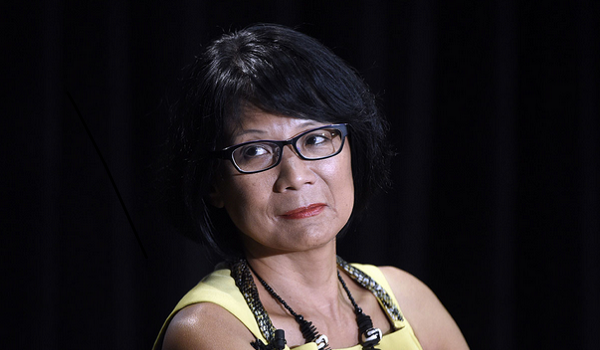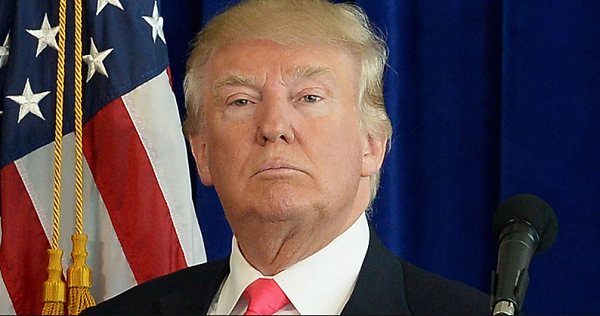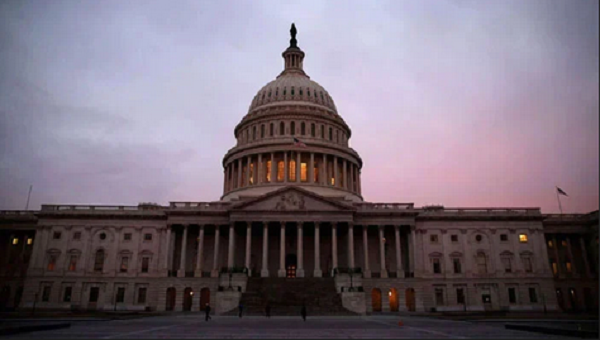Increasing number of Toronto homeowners are asking for property tax relief, even as the council hikes levy
With Toronto city council passing a record high property tax increase Wednesday, statistics show a growing number of seniors are asking for exemptions from bigger tax bills.
Almost 8,300 homeowners successfully applied for Toronto’s property tax increase cancellation program in 2023, according to figures provided by the city. That was an almost 44 per cent increase from 2018, when about 5,800 applications were approved.
The program scraps tax increases for eligible applicants, and was designed to provide financial relief for seniors and people with disabilities on fixed incomes. A related program allows homeowners to defer payment of property tax hikes. The number of approvals under that program is smaller, at fewer than 400 last year, but is also growing.
The city estimated in 2022 that the tax relief programs cost it about $3.8 million a year.
Casey Brendon, director of revenue services for the city, said there could be several reasons more people are applying to the program, including an advertising campaign the city conducted to raise awareness of it, a simplified online application process and “a more uncertain economic environment that may see more residents seeking financial relief.”
To qualify for the cancellation program residents must be at least 65 years old, or be between 60 and 64 and receiving government old age benefits. The program is also open to people living with a disability. Financial thresholds are subject to change, but as of 2023 applicants were required to have a household income $55,000 or less, and own a home with an assessed value of $975,000 or less.
Councillors opposed to property tax increases often warn that bigger bills will force vulnerable seniors out of their homes. But Myer Siemiatycki, professor emeritus of politics at Toronto Metropolitan University, said the fact that fewer than 10,000 homeowners in a city of more than 1.2 million homes have applied for tax relief indicates that’s not a common problem.
“I don’t think you can make a claim that there is somehow a dangerously high rate of property taxes in Toronto that is imperilling people’s ability to hold on to their home,” he said, especially because for years the city has kept rates below those of other GTHA municipalities.
But Siemiatycki said the numbers suggest the city should look into imposing a graduated property tax system that would have residents with more valuable homes pay higher rates. That would ease the burden on seniors and other homeowners struggling with affordability.
Coun. Stephen Holyday (Etobicoke Centre) said the increase in applicants is a sign “that things are not getting easier, they’re getting harder in the city.” He noted that in addition to rising taxes, homeowners are also struggling with high costs of groceries, electricity and insurance.
Holyday said council should have kept that in mind Wednesday when they debated Mayor Olivia Chow’s budget, which imposed a 9.5 residential property tax increase, the highest in post-amalgamation Toronto.
“Some people can absorb a tax increase without a change in lifestyle and others really feel the impact,” he said.
A Forum poll released Tuesday showed two-thirds of respondents believe Chow’s tax boost is too high, despite it being less than the 10.5 per cent city staff initially floated.
Opposition to the increase, which the mayor has said was necessary to help fix the city’s COVID-battered finances after years of tax rates lagging behind inflation, was highest in Scarborough, where 79 per cent of respondents said it should be lower. But a slim majority in Chow’s progressive downtown base wanted the hike scaled back.
Support for the increase was highest among respondents 65 and older, at 38 per cent. But just over half that age group still said the raise was too steep.
The Forum poll of 1,032 randomly selected Toronto residents conducted Feb. 8 to 10 using an interactive voice response telephone survey. Results based on the total sample are considered accurate plus or minus 3 percentage points, 19 times out of 20.
Coun. Gord Perks (Parkdale-High Park), who supported Chow’s budget, said the cancellation approval numbers show that “when the city is faced with real structural fiscal challenges and we need to increase taxes, we have a way of protecting the most vulnerable.”
According to a 2022 city report, the $975,000 home assessment threshold for tax cancellation was slightly higher than the average assessed value for homeowners aged 55 and over, and the program’s income threshold was also higher than Statistics Canada’s low-income measures.
But Perks said that doesn’t mean the eligibility requirements for Toronto’s program are too broad. He said those approved have limited income and “no way of supplementing it.”
“So it’s a very, very specific group of people who have very specific challenges,” he said.
Brendon said Toronto “is proud to offer one of the most generous relief programs for low-income residents compared to other municipalities.”
This article was reported by The Star














